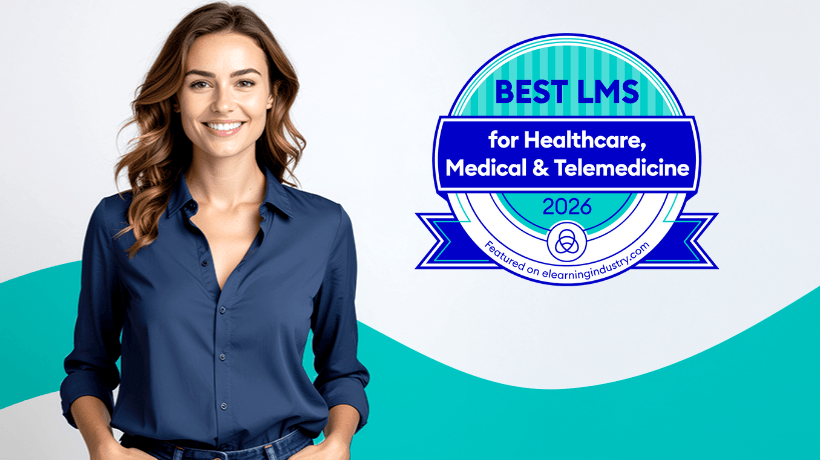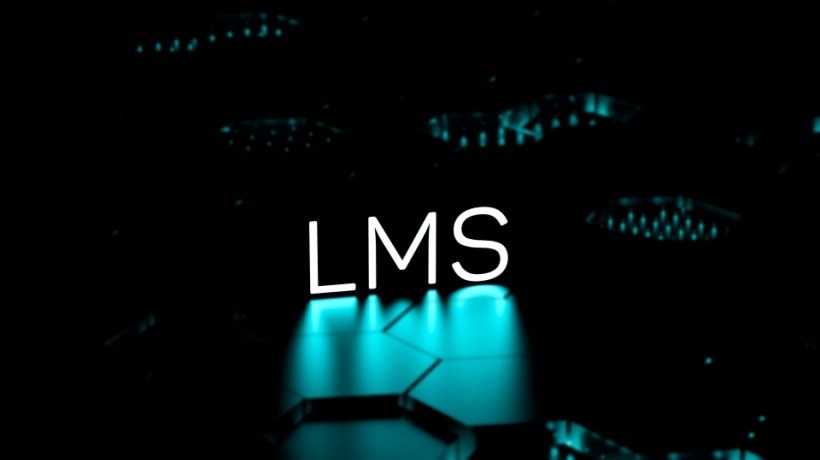Using An LMS For Training Makes Good Business Sense
Healthcare is a highly regulated industry with various rules and regulations addressing fraud and abuse within the industry. One such monumental piece of legislation is the HIPAA. HIPAA, which stands for the Health Insurance Portability and Accountability Act, was enacted in 1996 to reduce fraud and wastage within the healthcare industry. This law sets industry-wide standards for healthcare information on electronic billing and processes, and it requires the protection of confidential handling of protected health information (PHI). Nevertheless, HIPAA has extensive training requirements that healthcare employees must undergo as part of their job responsibilities. HIPAA training is crucial because non-compliance can result in hefty fines and penalties being imposed. And here is where an LMS can play its part.
Because let’s face it. When nearly 83% of organizations use an LMS of some sort, why should healthcare organizations be the exception? To make these HIPAA trainings effective, healthcare providers must have a robust system that can streamline, track, and monitor the progress of the training. And that is what a Learning Management System (LMS) can accomplish.
But What Is An LMS?
LMS is the abbreviation for Learning Management System and it is a digital learning environment; for example, a software that manages all aspects of a company’s various training efforts. These software applications can be legacy or cloud-based. The benefits of cloud-based LMS is that it runs on both the web and mobile devices. Some are even integrated into HIPAA compliance software, offering providers a one-stop solution to streamline their entire compliance efforts.
With an LMS, healthcare providers can educate and train their employees while eliminating the hassle of paperwork and red tape. A mobile LMS will offer a wide range of benefits. For example, remote accessibility allows employees to access information from wherever they are and whenever they want. And due to this COVID-19 pandemic, there has been a massive increase in the adoption of remote access, completely changing the dynamics of business processes showing why remote access is effective and efficient.
And not just healthcare providers, in particular. Any organization that maintains or handles the flow of patients' health information can benefit from using an LMS due to HIPAA compliance obligations.
The Benefits Of Using A Learning Management System For Healthcare Employees
Say, there are 200 employees in a healthcare organization that need to be trained. The one who manages the training, for example, a privacy officer, will have to make schedules, assign trainees, and track completion rates and progress for each employee. Recording all these activities on paper, or at best Excel spreadsheets, is neither cost-effective nor realistic. It may also lead to an increased administrative burden. But with an LMS, the entire process becomes very simple.
Let us see how it pans out in practice:
1. Cost-Saving
If you are using an LMS, your employees do not need travel, and it can optimize training expenditure and usage while minimizing facility costs and instructor’s pay. Almost all modern LMSs can also work without any specific software or hardware installed on one’s computer or mobile device. In addition, it reduces human errors in the course building. From a cost-saving perspective, incorporating a Learning Management System is a must for organizations that require training their employees, irrespective of whatever industry the business is in.
2. Ensures Consistency Of Training
Training healthcare employees regularly will help them stay better informed and recall information that they might have forgotten. An LMS for compliance would be beneficial in this case. Through an LMS, training can be delivered consistently while offering quality learning opportunities for employees by supplying them with a single source for information, course materials, and instructions.
3. Helps Track Progress
How many employees have completed their training? How many employees have yet to receive training? Who is assigned to conduct the training? All this information can be generated on an LMS. Employers can easily run reports and get a full picture of their entire training process and progress on a robust analytics dashboard.
4. Seamless Onboarding
According to a study, employees are 69% more likely to stay for three or more years in an organization where there is an easy onboarding process. A proper onboarding process can set the tone of life at any organization, and it helps employers engage with their employees and hold on to recruits.
5. Better Knowledge Retention
With an eLearning platform or a Learning Management System, employees get more control over the learning process. Whenever employees feel the need to go back and review complicated concepts, they can do so very easily.
Wrapping It Up
HIPAA can seem large and bewildering, which is why incorporating an LMS to streamline training makes good sense. Today’s healthcare professionals are subject to strict regulations that focus on protecting the confidentiality of patients’ sensitive health information. And like HIPAA, there are several other laws and regulations, such as HITECH, HCQIA, PSQIA, and so on, which healthcare organizations must comply with. This is why all hospitals, clinics, research facilities, labs, universities, or organizations with access to patient data must ensure their employees comply with complex regulations through documented training and certification.







